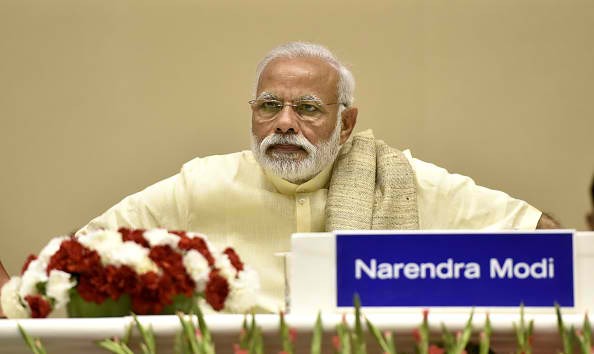China is urging India to be more practical and support the China-Pakistan Economic Corridor and settle disputes with Pakistan.
An article was released by state media that called for India to be "more pragmatic and flexible" because the CPEC project will help the lives of Indians and Pakistanis.
"The China-Pakistan Economic Corridor (CPEC) won't affect the status quo of Kashmir dispute," the article stated.
They article added, "Just like the Taiwan question, Beijing doesn't object any economic links between Taiwan and other countries including India because economic activities won't alter China's sovereignty over the island."
The paper also wrote that India should welcome economic activities in Kashmir being conducted by Chinese investors.
India stayed firm on its position on Kashmir and on allowing the Dalai Lama's visit next month. These two sensitive issues on India-China relations have surfaced but India is unfazed.
Indian Prime Minister Narendra Modi said, "Only by respecting the sovereignty of countries involved, can regional connectivity corridors fulfill their promise and avoid differences and discord."
His foreign secretary, Subrahmanyam Jaishankar. said, "We expect they respect other people's sovereignty."
"The CPEC passes through a territory that we see as our territory. Surely people will understand what the Indian reaction is. There needs to be some reflection and I am sorry to say that we have not seen signs of that," he added.
The Pakistanis were frustrated. Nafees Zakaria, a Pakistan foreign ministry spokesman, expressed disbelief over India's refusal to participate in regional development.
"The project will contribute to [the] economic development of the entire region and not only for Pakistan and China," he said.
The spokesperson added, "It can be a catalyst for economic connectivity and integration in Central Asia, South Asia, and West Asia. Objection by India or any other country to such an economic project is, therefore, beyond comprehension."



























